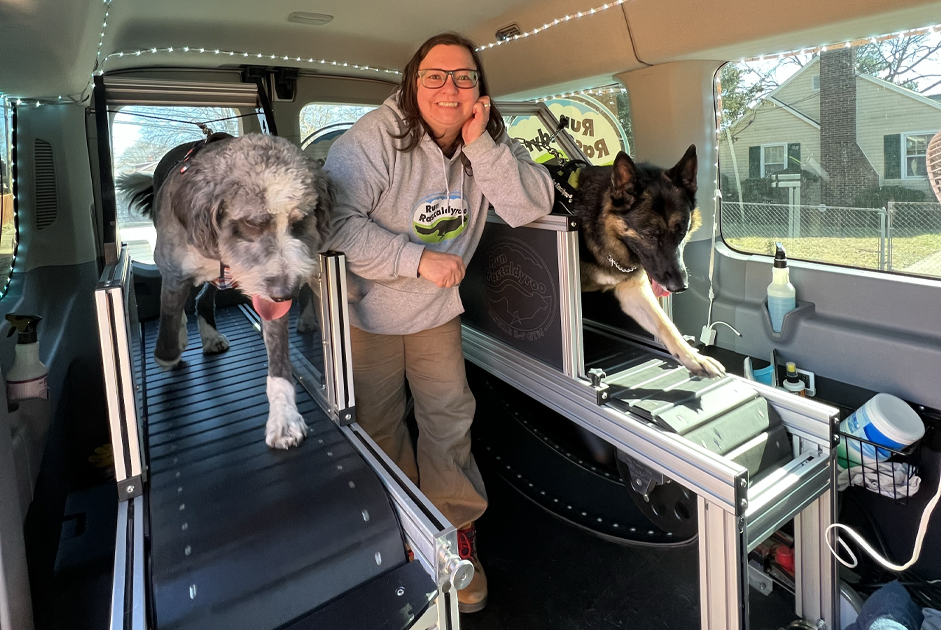I was at one of our “name brand” supermarkets the other day when a cashier standing by came forward to scan my items.
“Oh, you don’t have to, I can do it,” I said.
“No, I’m happy to help.”
“Okay, well, thanks!”
Talk about being impressed! Instead of just waiting around until a befuddled customer messed up on the self-scanner, this kind and attentive employee stepped in to do it herself. But, despite her many efforts, my 50% mark-down item simply refused to scan anything other than full price.
“I am SO sorry. Thanks for being patient.”
“No worries, I understand.”
Eventually, it was her patience that ran thin as she apologized again and quickly made eye contact with another employee in an unspoken plea for help. That employee slowly sauntered over and pointedly positioned herself with her back to me. After a number of rapid keystrokes, she was able to correctly ring up my item and walk away.
If her goal was to send the message that I did not exist for her, then she succeeded with aplomb. I mean, not once did she make eye contact, look at me, smile, or address me. I felt as though I was as inanimate as that last call, holiday serving dish on the scanner.
The contrast between how I was treated by these two employees could not have been starker. The first employee turned to me and said:
“Again, I’m so sorry. Thanks for being patient.”
“Believe me, I get it. I have been in your shoes. Thank you for being so kind.”
In my line of work, we refer to my experience as a “service disparity.” Consequently, the next time I enter that supermarket, I will be primed to wonder how I will be treated, and if I will feel respected simply by virtue of those basic gestures of verbal and non-verbal acknowledgement.
As I drove out of the parking lot, my mind flashed to the thousands—yes, literally, thousands—of customer comments I’ve pored over in the past decade. Again and again, people like you and me comment on being ignored, feeling invisible, “like an empty chair.” And yes, that is a quote!
I am by now stoically accustomed to being ignored from time to time. It’s one of my biggest gripes, a source of sadness, even, because here’s the thing: every single human being has a need to be recognized and acknowledged by others. When we are treated as though we are invisible, we feel devalued. Some even say that our very sense of identity is diminished.
Social mores change over time, I know. And adults, especially parents, are wise to raise their children with an acute awareness of “stranger danger.” But that caution needs to be balanced with an understanding of the value, the importance, and the timelessness of basic courtesies. Ignoring someone is almost never the kind, polite, respectful, or gracious thing to do.
I am deeply appreciative that the young parents down the street have modeled kindness for their four children and taught them to look me in the eye and smile when they see me—a no danger ahead neighbor. I am grateful that the 20-something-year-old who does work for us on a regular basis asked, upon meeting me: “Should I call you Mrs. Johnson, ma’am?” Delighted by the question, I said “Yes.” As the years go by and he gets older, he still calls me Mrs. Johnson. I’m not into formalities, but yes, I like that.



















